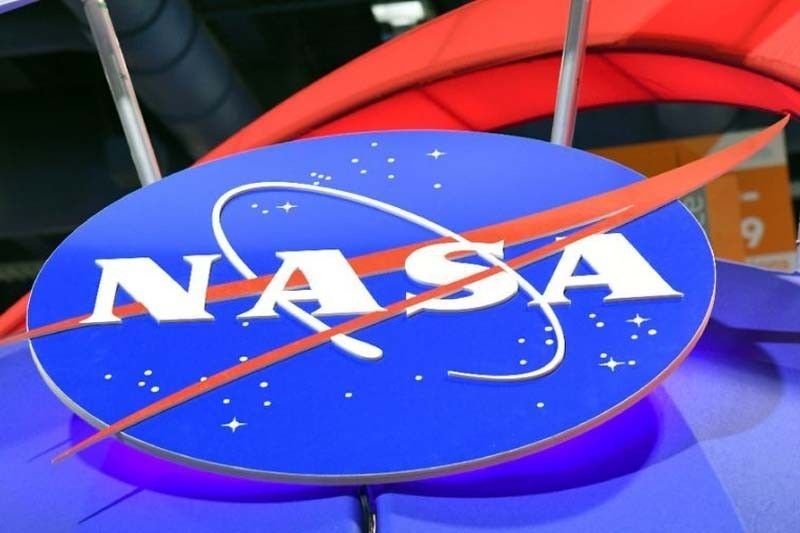Filipino team wins NASA's COVID-19 challenge

MANILA, Philippines — A Filipino team won the National Aeronautics and Space Administration (NASA) COVID-19 Challenge.
Team CirroLytix’s G.I.D.E.O.N. (Global Impact Detection from Emitted Light, Onset of COVID-19, and Nitrogen Dioxide) won the Best of Use Data award.
According to NASA's website, GIDEON is an integrated public policy information portal that aims to measure the impact of novel coronavirus disease 2019 (COVID-19) on various countries and its effect on economic and environmental terms. The countries that are able to contain COVID-19 while keeping their economy afloat with minimal impact to the environment stand the best chance of sustainably bouncing back after this crisis.
The winning team is composed of data analysts Nick Tobia, Helen Mary Barrameda, Kristel Joyce Zapata, Theresa Rosario Tan and Miguel Oscar Castelo. They will get a one-year Euro Data Cube Enterprise license valued at 5,000 euros. The team will also be invited to a NASA spacecraft launch when travel becomes possible.
The team said that their method can produce fast, accurate forecasting that can help policy makers make lockdown-related decisions.
“One constant challenge of economic data is its lagging nature. Meanwhile, Earth observations are a constant stream of insights available in real-time, and our goal with GIDEON is to show how public policymakers and economic planners can utilize satellite observation and mobility datasets to steer countries towards a sustainable future,” the team said.
Apart from Team CirroLytix, two other Filipino teams also made it to the finals.
Team Celestial Snails, composed of Arturo Caronongan III, Kevin Olanday, In Yong Lee, Mary Anne Dominique Casacop and Gabriel Santiago made an app called Snail Space that offers “mental care and comfort during times of social isolation brought by COVID-19 pandemic.”
Team Sentinellium, meanwhile, uses “data sent through SMS and chat, and space assets like population density, urbanization, and aerosol to provide a more accurate prediction of developing epidemics.” The team is composed of Harlee Quizzagan, James Andrew Cornes, Angela Chua, Alaica Mariño, Joal Rose Lin and Mohammad Ashraful Mobin.
The hackathon was held last May 30 and May 31 and was a joint effort of NASA, the European Space Agency, Japan Aerospace Exploration Agency, the National Centre for Space Studies of France and Canadian Space Agency.
RELATED: NASA picks Reese Lansangan song as new space campaign theme
'May ganun, Mars': Philippines leads names submissions for future Mars mission



















